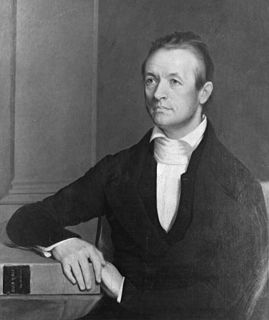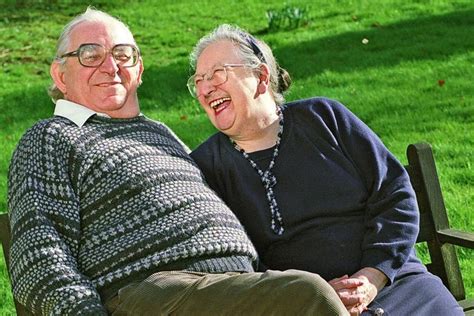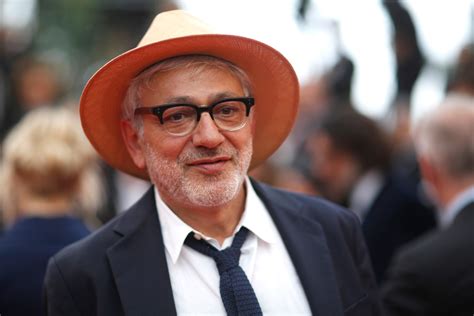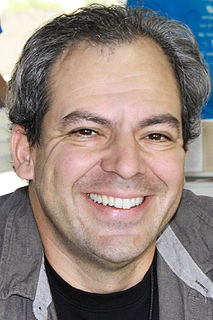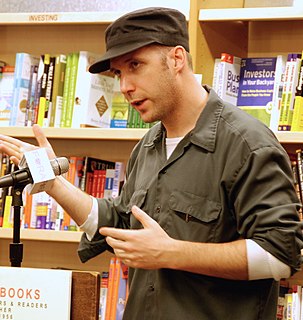A Quote by John McCain
We cannot forever hide the truth about ourselves from ourselves.
Related Quotes
It is difficult to see ourselves as we are. Sometimes we are fortunate enough to have good friends, lovers or others who will do us the good service of telling us the truth about ourselves. When we don't, we can so easily delude ourselves, lose a sense of truth about ourselves, and our conscience loses power and purpose. Mostly, we tell ourselves what we would like to hear. We lose our way.
We cannot sit still and see the dear Burmans, flesh and blood like ourselves and, like ourselves, possessed of immortal souls that will shine forever in heaven or burn forever in hell - we cannot see them go down to perdition without doing our very utmost to save them. And thanks be to God, our labors are not in vain.
I think that whatever we express in terms of the potential truth is above all else about mobilizing ourselves for ourselves. We learn about ourselves as individuals. Identification with Palestine is universal and not restricted to geographic boundaries. It's a question of moral and ethical positions vis-à-vis all the injustices that surround us.






